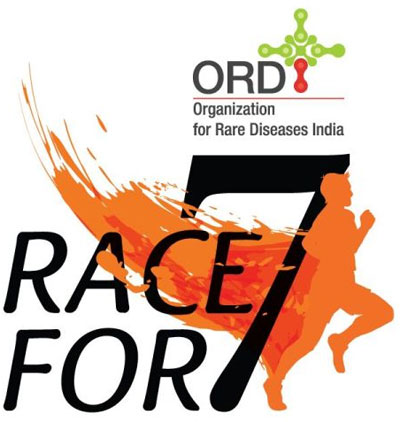Rare diseases are those that affect lesser number of people in the general population as compared to other diseases and disorders.
A Rare disease is also referred to as orphan disease and is defined as a condition that affects less than 200,000 people in the country.
There are around 7000 known rare diseases that affect people across the world, the number could be more. Since these disease are rare and affect few people, there is not enough information available about their cause, diagnoses, treatment and symptoms.
Most patients of rare diseases spend their lives in pain, discomfort and ignorance of what is affecting them.
Some rare diseases are degenerative and worsen with the age of the patient, while others affect children and shorten their lifespans. Rare diseases can be present from birth or can show up later in life.
80% of rare diseases have been found to have genetic origins while the remaining are caused as a result of infections, allergies and environmental factors.
RARE DISEASES IN INDIA
In India around 70 Million are affected by rare diseases. However, the number is not large enough for Pharmaceutical companies to spend their time and money for their research.
Samir Sethi, President of Indian Rett Syndrome Foundation spoke to NewzHook. Rett Syndrome is neuro-development disorder and is a rare disease.
“Being a rare diseases with incidence of around 1 in 10000, parents have to struggle for care and management of the co-morbidities with doctors of various specializations. Occupational and physiotherapy is essential for such children, making the medical treatment and rehabilitation very complex and expensive. No medical insurance cover is available being a genetic disorder.” Samir Sethi also feels that awareness and education is the key to improve proper diagnosis while a parent support group is essential to take care of the social and psychological needs of such families collectively.
Although, the National Policy for Treatment of Rare Diseases came into being in 2017, states are still lagging in its implementation.
So far only 6 states have set up state-level committee to look into the needs of patients with rare diseases. Recently, the Supreme Court has issued notices to the Central and state governments and even Union Territories (UTs) to report what steps they have taken till date under the policy.
Prasanna Kumar B Shirol is the co-founder and Executive Director of ORDI-Organization for Rare Diseases in India and shared his thoughts about the SC order.
This is a good news. The Supreme Court has directed the centre and the individual state governments to set up panels for rare diseases. While the government has taken a complete U-turn on the policy, we are happy that the judicial system is with us. Now, we have to wait and watch as to what responses these governments will give. We are hopeful that something concrete comes out of this. Ultimately, the patients need to benefit.
Some of the rare diseases are Down Syndrome, Duchenne Muscular Dystrophy (DMD), Farber Disease, Gaucher Disease, GM2 Gangliosidosis, Hirschsprung’s disease, Interstitial Cystitis.



